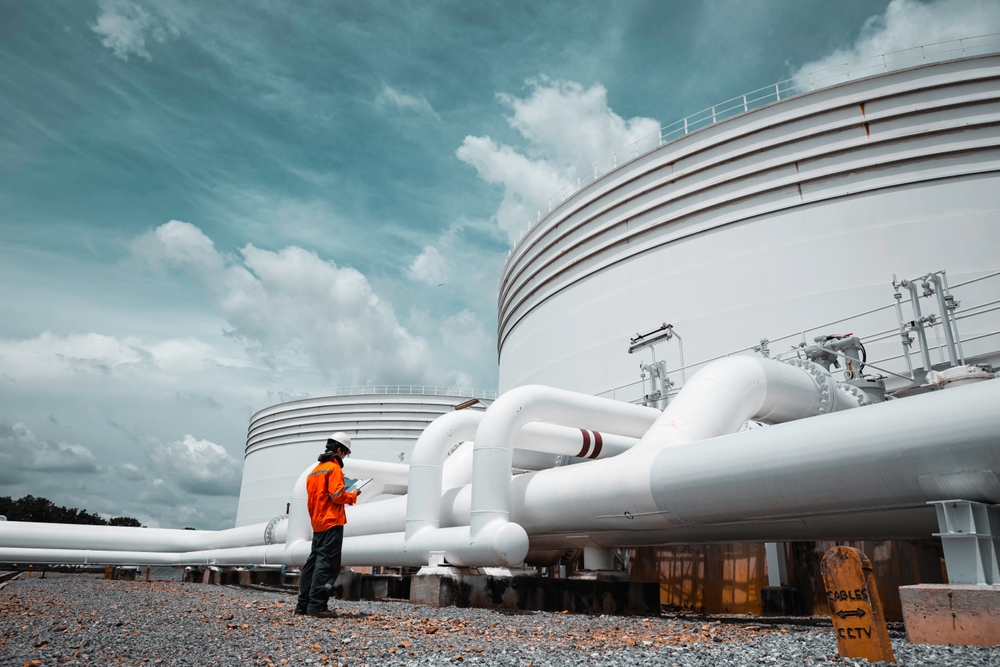
.jpg)
This course is an introduction to petroleum technology which includes the basics of exploration, drilling, oil extraction and refinery processing. The students will obtain a broad knowledge of the processes, the tools and the problems peculiar to the petroleum sector, which will equip them to participate intelligently in various aspects of the industry.
| City | Start Date | End Date | Fees | Register | Enquire | Download |
|---|---|---|---|---|---|---|
| Casablanca | 23-06-2025 | 27-06-2025 | 4950 $ | Register | Enquire | |
| Madrid | 30-06-2025 | 04-07-2025 | 6200 $ | Register | Enquire | |
| Cape Town | 07-07-2025 | 11-07-2025 | 5600 $ | Register | Enquire | |
| London | 14-07-2025 | 18-07-2025 | 6200 $ | Register | Enquire | |
| Madrid | 21-07-2025 | 25-07-2025 | 6200 $ | Register | Enquire | |
| Istanbul | 28-07-2025 | 01-08-2025 | 4950 $ | Register | Enquire | |
| Kuala Lumpur | 04-08-2025 | 08-08-2025 | 4950 $ | Register | Enquire | |
| Dubai | 11-08-2025 | 15-08-2025 | 4300 $ | Register | Enquire | |
| Cairo | 18-08-2025 | 22-08-2025 | 3950 $ | Register | Enquire | |
| Paris | 25-08-2025 | 29-08-2025 | 6200 $ | Register | Enquire | |
| Cairo | 01-09-2025 | 05-09-2025 | 3950 $ | Register | Enquire | |
| Dubai | 08-09-2025 | 12-09-2025 | 4300 $ | Register | Enquire | |
| Jakarta | 22-09-2025 | 26-09-2025 | 4950 $ | Register | Enquire | |
| London | 29-09-2025 | 03-10-2025 | 6200 $ | Register | Enquire | |
| Cairo | 06-10-2025 | 10-10-2025 | 3950 $ | Register | Enquire | |
| Amsterdam | 13-10-2025 | 17-10-2025 | 6200 $ | Register | Enquire | |
| Kuala Lumpur | 20-10-2025 | 24-10-2025 | 4950 $ | Register | Enquire | |
| Dubai | 27-10-2025 | 31-10-2025 | 4300 $ | Register | Enquire | |
| London | 03-11-2025 | 07-11-2025 | 6200 $ | Register | Enquire | |
| Cairo | 10-11-2025 | 14-11-2025 | 3950 $ | Register | Enquire | |
| Paris | 24-11-2025 | 28-11-2025 | 6200 $ | Register | Enquire | |
| Kuala Lumpur | 01-12-2025 | 05-12-2025 | 4950 $ | Register | Enquire | |
| Paris | 08-12-2025 | 12-12-2025 | 6200 $ | Register | Enquire | |
| Cairo | 15-12-2025 | 19-12-2025 | 3950 $ | Register | Enquire | |
| Zurich | 22-12-2025 | 26-12-2025 | 5600 $ | Register | Enquire | |
| Casablanca | 29-12-2025 | 02-01-2026 | 4950 $ | Register | Enquire |
The Basic Petroleum Technology course offers a comprehensive introduction to the economic analysis techniques applied in the oil and gas sector. Participants will learn forecasting methods for profits, production, costs, and cash flow, enabling them to evaluate decision alternatives aimed at maximizing profits. The course covers various economic variables, including risk, uncertainty, costs, revenues, royalty/tax regimes, and production-sharing agreements, enhancing the depth of economic evaluation.
This introductory course will deepen your understanding of the petroleum industry, focusing on the technologies involved in the recovery and refinement of hydrocarbons, and the technical and economic principles that underpin petroleum engineering.
At the end of this Basic Petroleum Technology course, participants will be able to:
Unit 1: Introduction to Petroleum Technologies
Unit 2: Exploring Petroleum Engineering Technology
Unit 3: Advancing Technology in the Petroleum Industry
Unit 4: Downstream Processes and Technology
Unit 5: New Approaches in Petroleum Technology
Upon completing the Basic Petroleum Technology course, participants will be awarded a Petroleum Technology Certificate, reflecting their knowledge and commitment to both fundamental and advanced aspects of the oil industry. Whether focusing on oil technologies, petroleum engineering, or essential petroleum operations training, this course serves as an excellent foundation for a career in various aspects of petroleum technologies.

.jpg)
.jpg)
.jpg)















